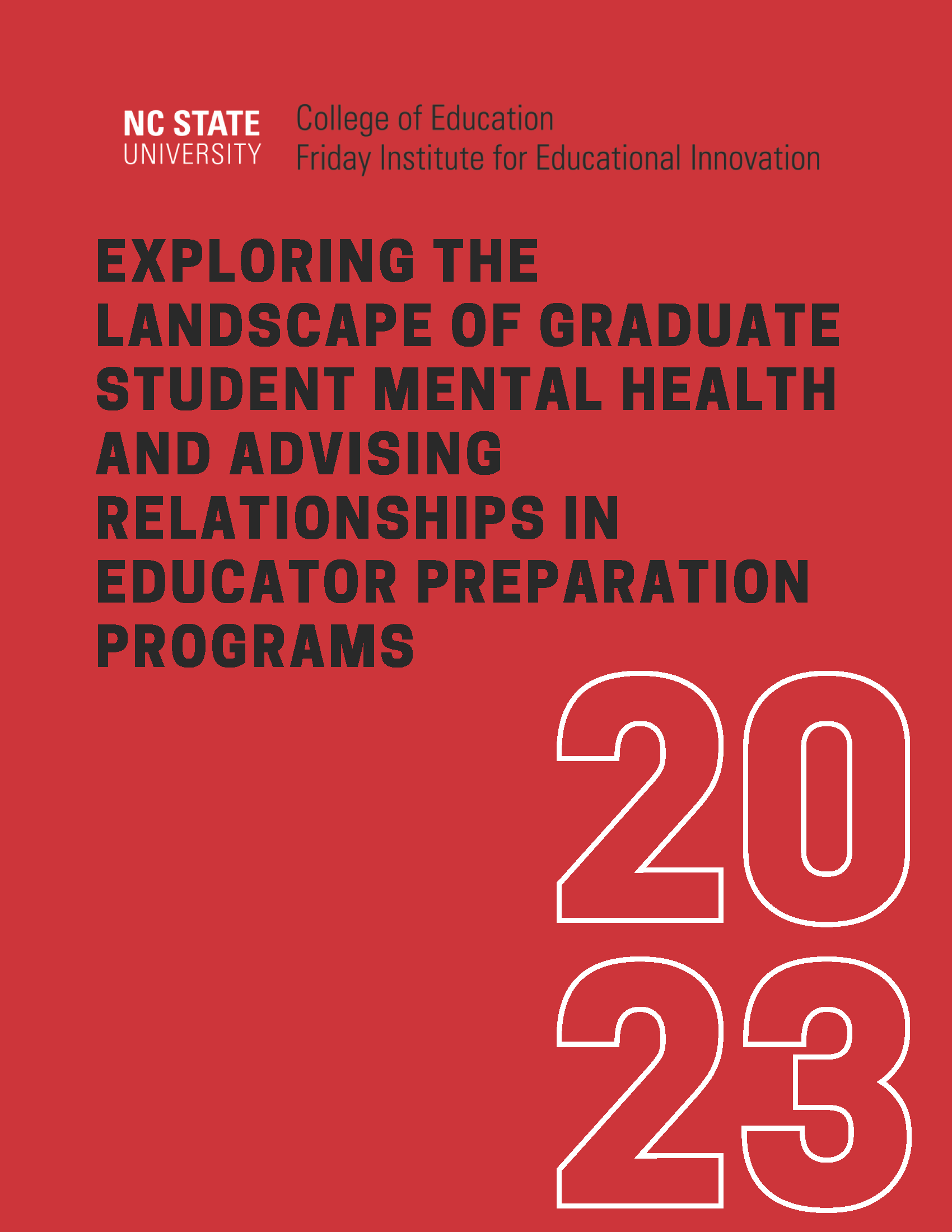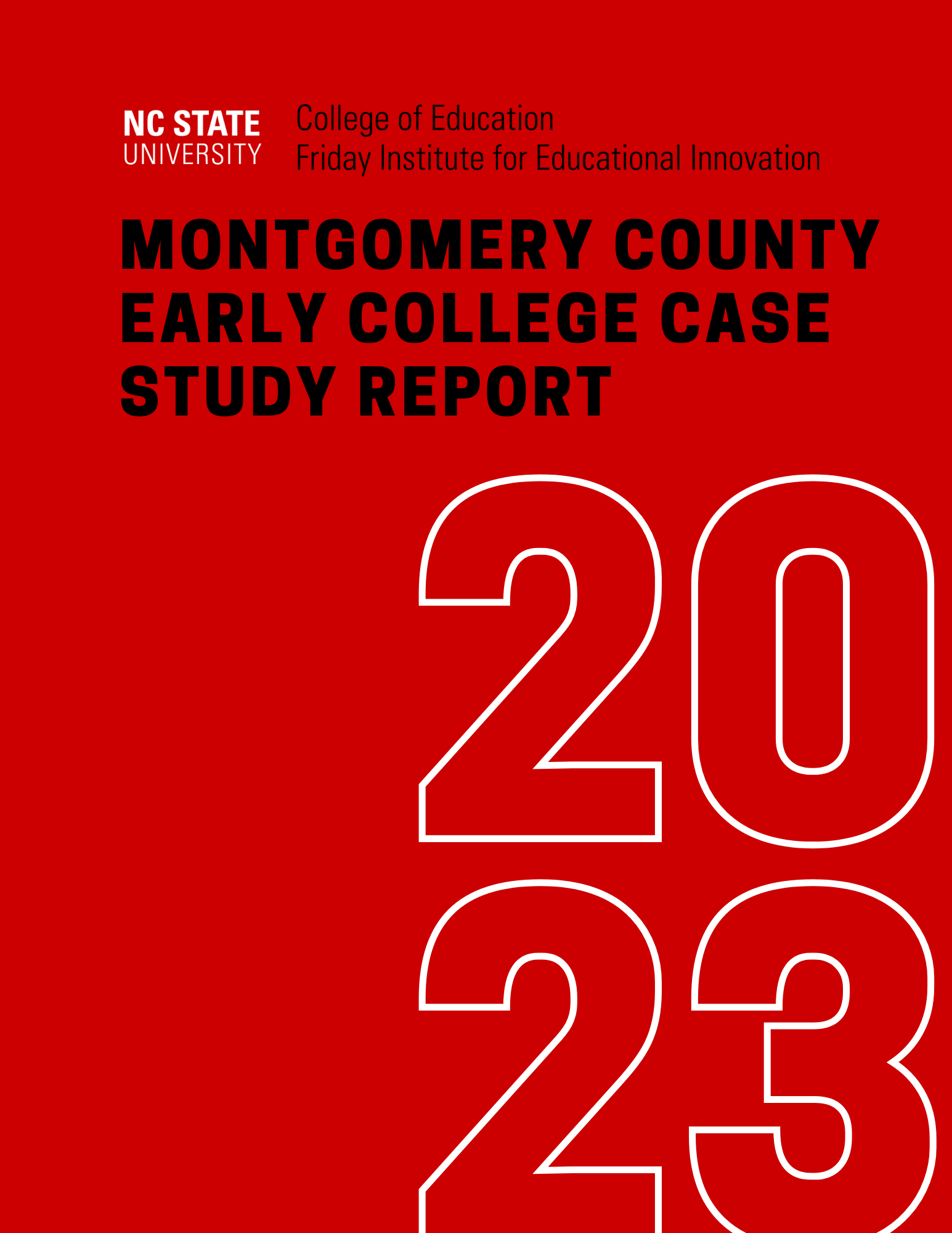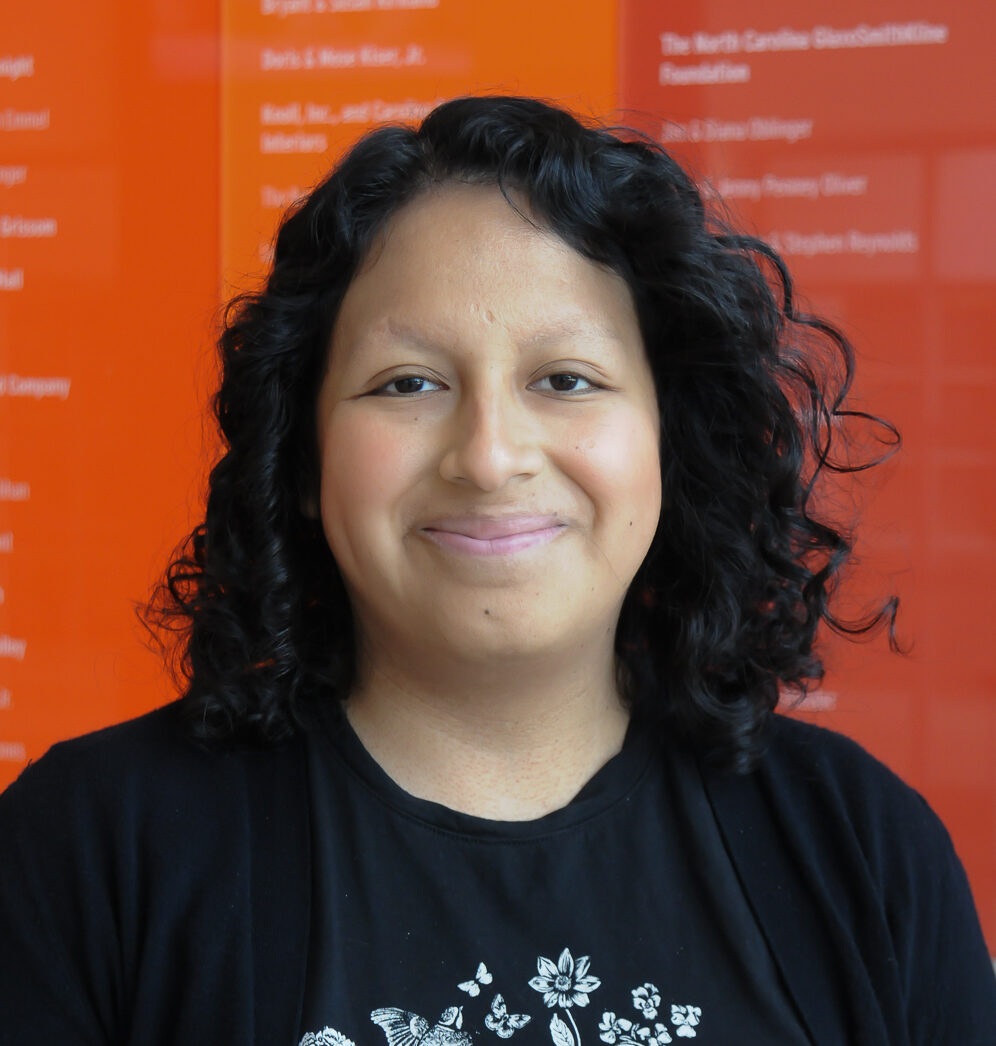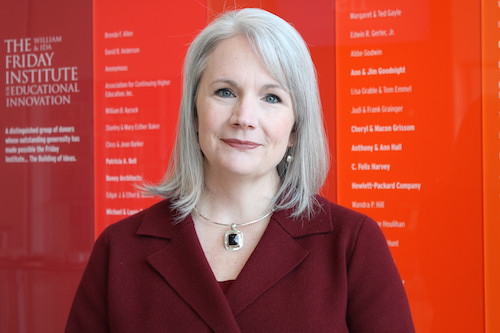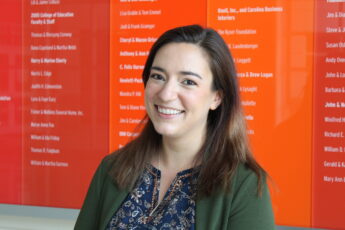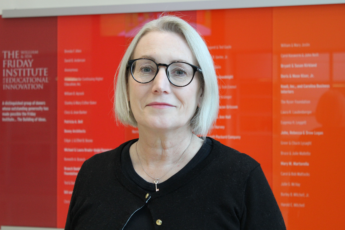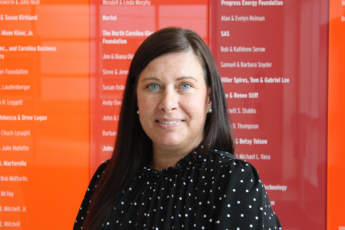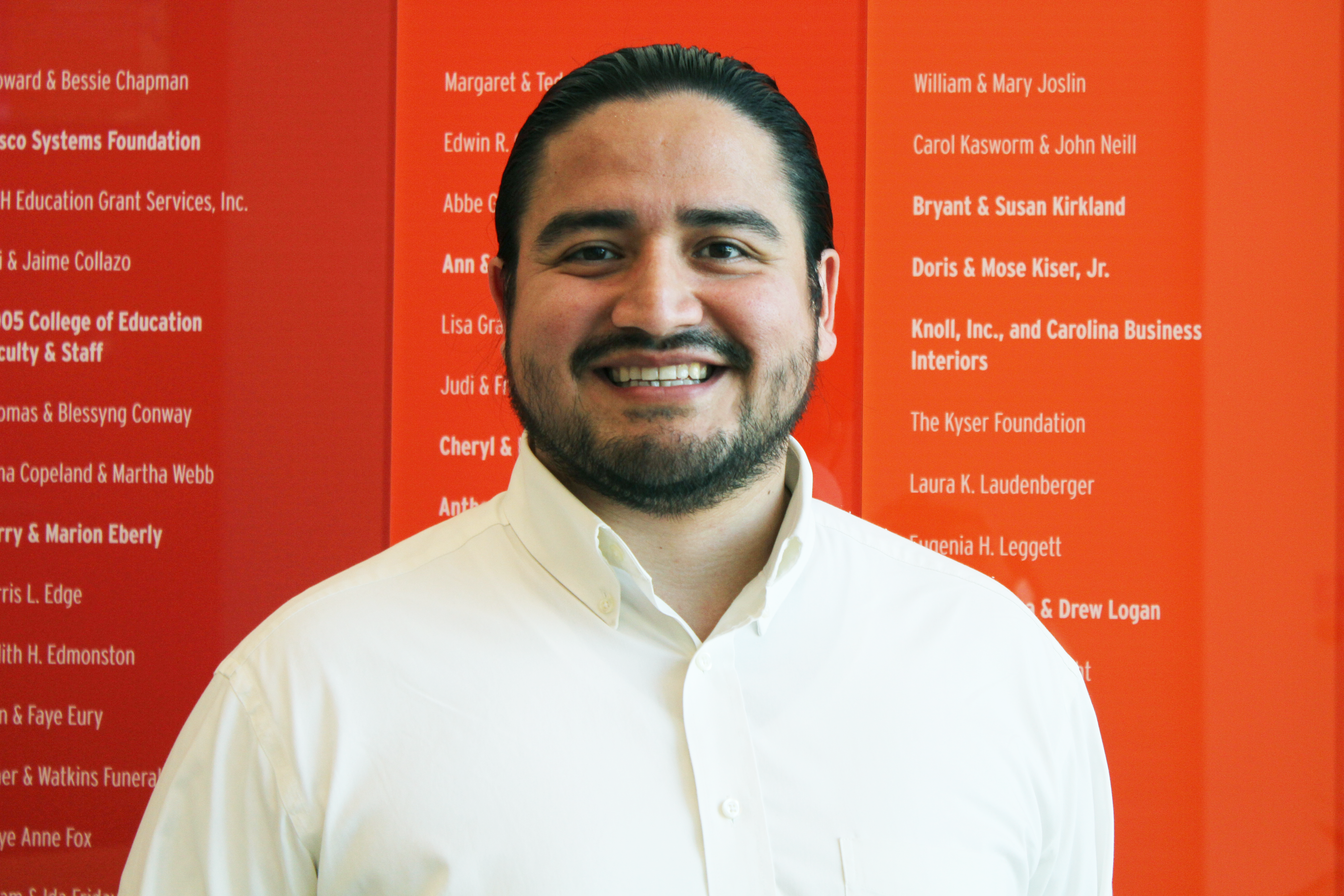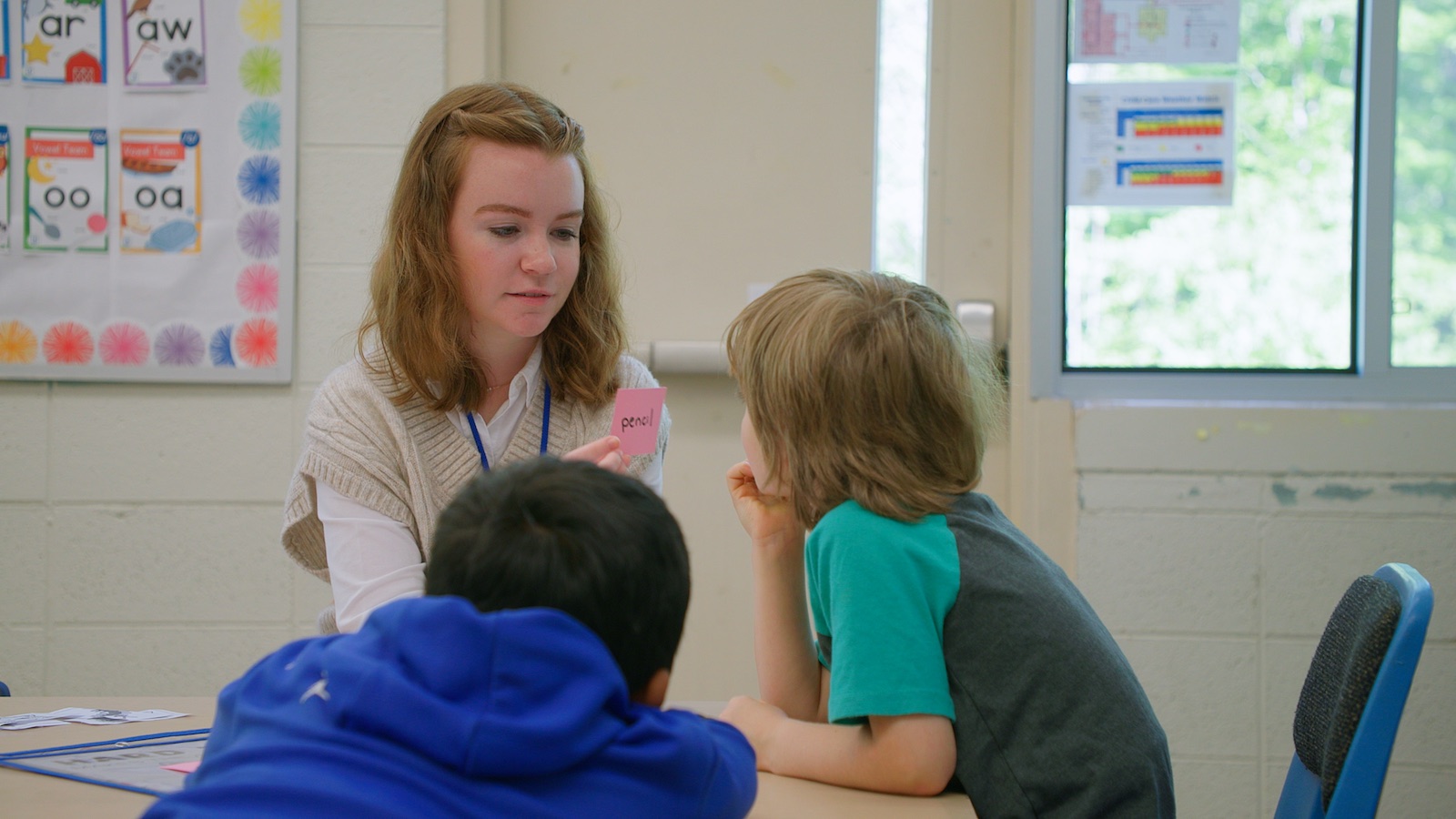
Program Evaluation and Education Research (PEER) Group
Supporting innovation, equity and capacity building in North Carolina and beyond
Proud of our public charter to address the pressing, near-term demands of our educational system, the PEER Group provides evaluation, research and technical assistance to answer the questions that matter most to our education partners. Since 2009, we have effectively carried out $17 million in grants and contracts in support of the Friday Institute’s mission to advance education through innovation in teaching, learning and leadership.
Current Projects
Services
Past Projects
Teaching for the Long Haul: Professionalizing Career Pathways for North Carolina Teachers

NEWS
Program Evaluation and Education Research Director Callie Edwards Contributes to New Book on Culturally Responsive Learning in Postsecondary Education
Catalyst Grants Support Educators to Improve Instruction, Access and Advocacy
LASER Institute Builds Community of Scholars for Lifelong Connections, Future Collaboration
Contact Us
Explore research and evaluation solutions that meet your needs.
